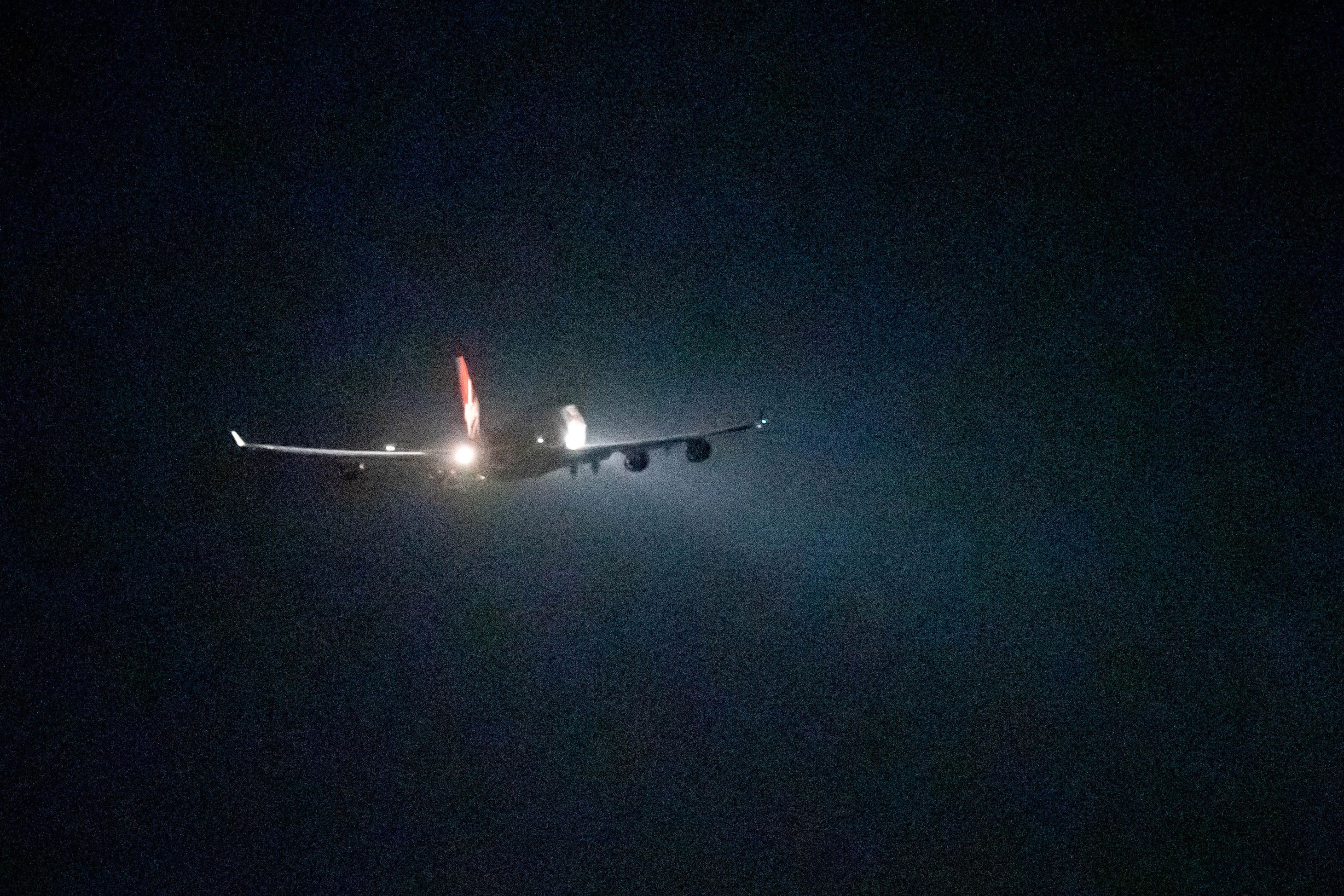Virgin Orbit: Premature shutdown during rocket launch saw failure of UK mission
The company said it anticipates returning to Spaceport Cornwall for additional launches as early as later this year.

Your support helps us to tell the story
From reproductive rights to climate change to Big Tech, The Independent is on the ground when the story is developing. Whether it's investigating the financials of Elon Musk's pro-Trump PAC or producing our latest documentary, 'The A Word', which shines a light on the American women fighting for reproductive rights, we know how important it is to parse out the facts from the messaging.
At such a critical moment in US history, we need reporters on the ground. Your donation allows us to keep sending journalists to speak to both sides of the story.
The Independent is trusted by Americans across the entire political spectrum. And unlike many other quality news outlets, we choose not to lock Americans out of our reporting and analysis with paywalls. We believe quality journalism should be available to everyone, paid for by those who can afford it.
Your support makes all the difference.A premature shutdown in the rocket during the first attempt to launch satellites into orbit from the UK was behind the mission failure, Virgin Orbit has said.
After taking off from Spaceport Cornwall, the Virgin Orbit plane flew to 35,000ft over the Atlantic Ocean, where it jettisoned the rocket containing nine small satellites towards space.
However, organisers of the Start Me Up mission soon identified an “anomaly” and said the LauncherOne rocket had failed to orbit.
In a statement released on Thursday, Virgin Orbit said initial data indicated that the first stage of the rocket performed as expected, that it reached space altitudes, and that stage separation and ignition of the upper stage occurred in line with the mission plan.
Later in the mission, at an altitude of approximately 180 km, the upper stage experienced an anomaly which prematurely ended the first burn.
The company said this event ended the mission, with the rocket components and payload falling back to Earth within the approved safety corridor without ever achieving orbit.
Virgin Orbit has launched a formal investigation into the source of the second stage failure, but said it hoped to return to Spaceport Cornwall for additional launches as early as later this year.
Dan Hart, CEO of Virgin Orbit, said: “We are all disappointed that we were not able to achieve full mission success and provide the launch service that our customers deserve.
“Upon identifying the anomaly, our team immediately moved into a pre-planned investigation mode.”
He added that Virgin Orbit had begun an internal investigation into root causes of the failure.
The plane, dubbed Cosmic Girl, took off on Monday night from Cornwall Airport with hundreds of members of the public watching and more than 75,000 viewing a live stream of the event.
Named in tribute to the Rolling Stones’ 1981 hit, the mission involved a repurposed Virgin Atlantic Boeing 747 aircraft and Virgin Orbit’s LauncherOne rocket.
It was originally hoped the launch could take place before Christmas but owing to technical and regulatory issues it had to be pushed into 2023.
The plane took off horizontally from the new facility at Cornwall Airport in Newquay while carrying the rocket under a wing.